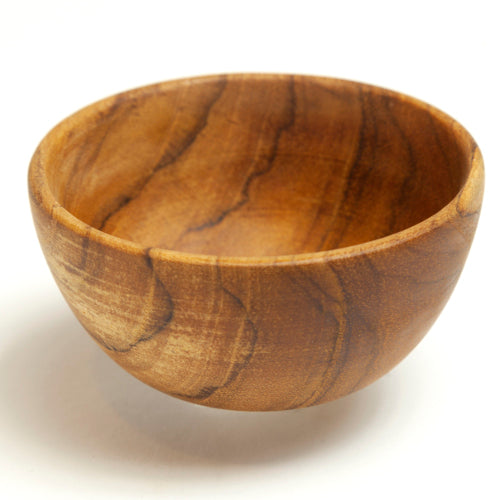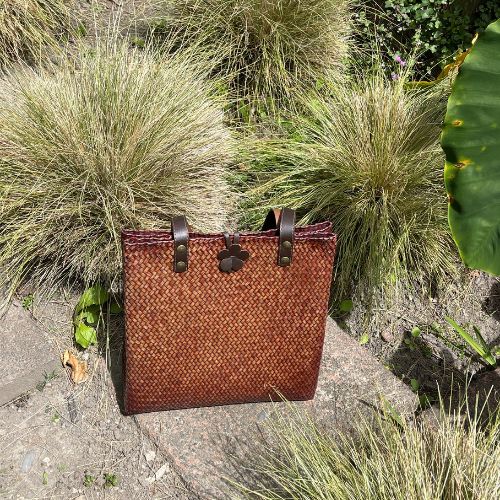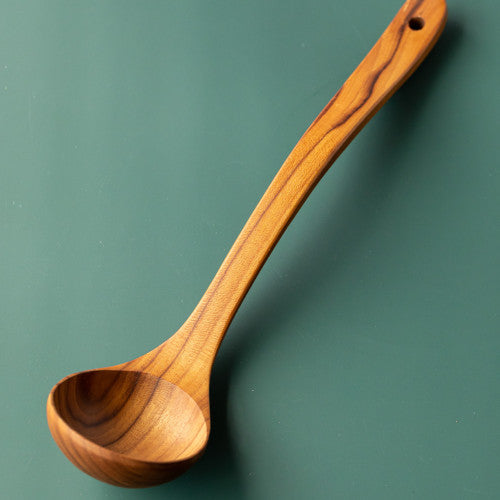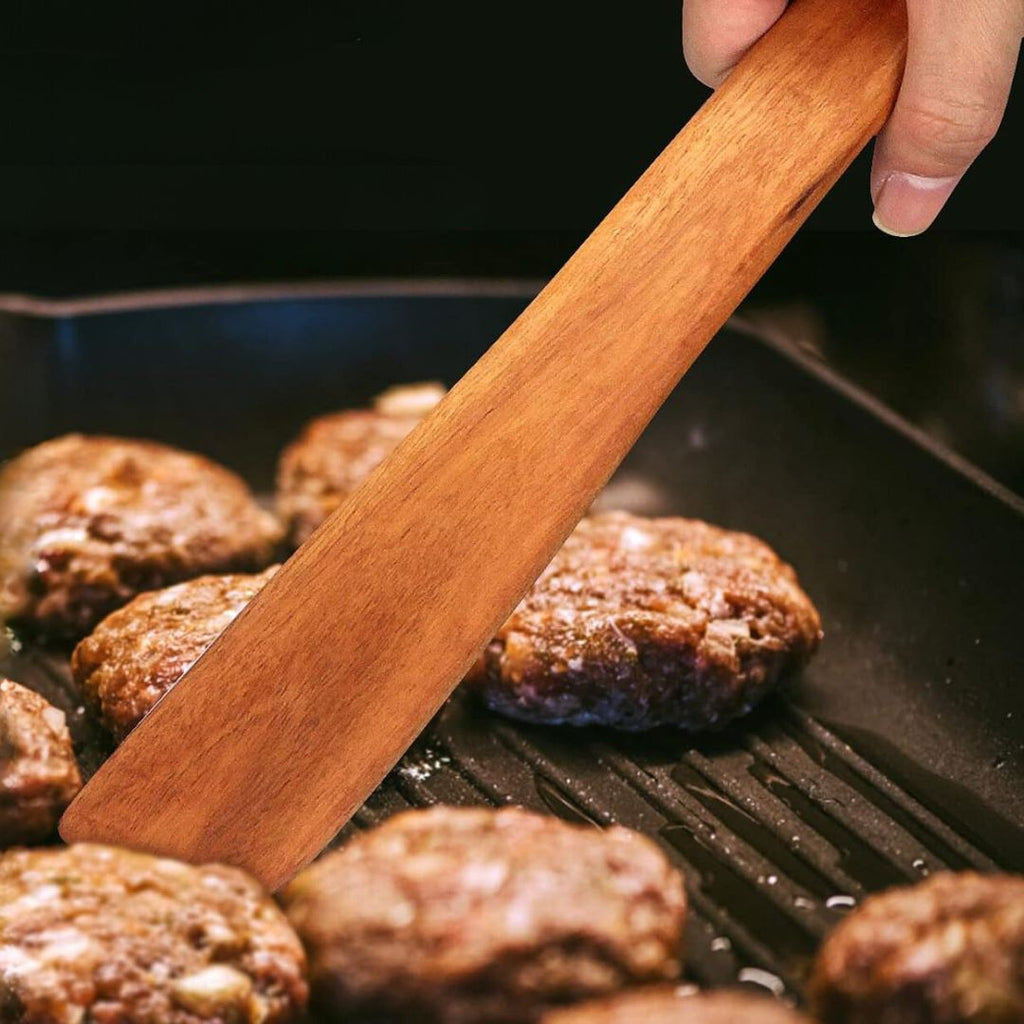Yompai musings

The Advantages of Teak Wood in Kitchenware and Kitchen Utensils
When choosing kitchenware, the material matters just as much as the design. The tools we use every day come into direct contact with our food, our cookware, and our hands. At Yompai, we choose teak wood for our kitchen utensils because it combines beauty, durability, and practicality in a way few other materials can.

Where to Buy a Wooden Spatula in New Zealand (and Why Choose Yompai)
If you’ve ever cooked with a wooden spatula, you’ll know — it just feels better. The smooth touch of natural wood, the gentle scrape against your pan, and the knowledge that it’s completely food-safe and plastic-free.
But if you’re in New Zealand or Australia and looking for the right wooden spatula — one that’s sustainably made and built to last — here’s what you need to know.

Why Long Wooden Cooking Chopsticks Belong in Your Kitchen
When most people think of chopsticks, they picture a pair of dining utensils for sushi or noodles. But in kitchens across Asia—and increasingly around the world—long wooden cooking chopsticks are an indispensable tool. Known as saibashi or ryoribashi in Japan, these extra-long chopsticks are typically 10–20 cm (4–8 inches) longer than standard eating chopsticks, making them perfect for cooking.

What oil is best for your wooden kitchen utensils?
Do I need to oil my wooden spatula or spoon and if yes, what oil should I use? These are among the most common questions I am asked at different events I attend. Some of the different oils you can use are listed, and the reasons why and also which oils to avoid.

Non-Toxic and Child-Safe: Why Wooden Utensils Are Great for Families
When it comes to feeding our families, especially our little ones, we all want to make the safest, healthiest choices possible. One simple but powerful change many parents are making is switching to wooden kitchen utensils—and it’s easy to see why.

The Art of Krajood: Handwoven Bags that Tell a Story of Slow Fashion and Sustainability
Discover the story behind our handwoven Krajood bags — crafted by women artisans in Southern Thailand using sustainable, plastic-free reed. Each bag is a celebration of slow fashion, cultural tradition, and ethical craftsmanship. From harvesting to hand-weaving, these one-of-a-kind bags reflect a commitment to sustainability, empowerment, and timeless style.

Caring for a wooden cutting board
Most homes have a cutting board, and increasingly, people are returning to wooden cutting boards. Like all wooden utensils they do require some regular care but it is not onerous.
As always, the main instruction is don’t put them in the dishwasher. Doing this regularly will shorten the lifespan of your wooden board.

The Secret Ingredient for a Healthier Kitchen: Why Non-Toxic Utensils Matter
The kitchen. It's often the heart of our homes – a place where ingredients transform into nourishing meals, where stories are shared over bubbling pots, and where daily rituals unfold. We carefully choose our produce, opt for organic meats and vegetables, and invest in high-quality ingredients, all in the pursuit of health and flavour. But amidst this careful selection, there's a crucial, often overlooked element that touches every dish we create: our kitchen utensils.

Surprisingly versatile wooden Sauté spatulas
Because they are so versatile, good for both large pots of food and smaller more delicate items these sauté spatulas have become incredibly popular, an essential item in many kitchens.
Made of one single piece of Teak wood, hand sanded 5 times so it is smooth to hold, strong and durable.

Why do we use Teak Wood for our wooden utensils?
Why are our wooden spoons and spatulas made from Teak wood specifically. There are a several reasons that Teak is such a wonderful wood for making kitchen utensils and cookware.

Wooden Soup Spoons and tactile sensations
Here in NZ we are now in Autumn/Fall and while the days are still warm, the nights are growing cooler and hot foods like soups and stews become more appealing.
For these hot foods eating with wooden soup spoons offers several advantages, especially over metal spoons.

Wooden Platters - what are they good for?
As part of the shift away from plastic and towards more natural, environmentally safe and sustainable kitchenware, wooden platters are becoming more popular.